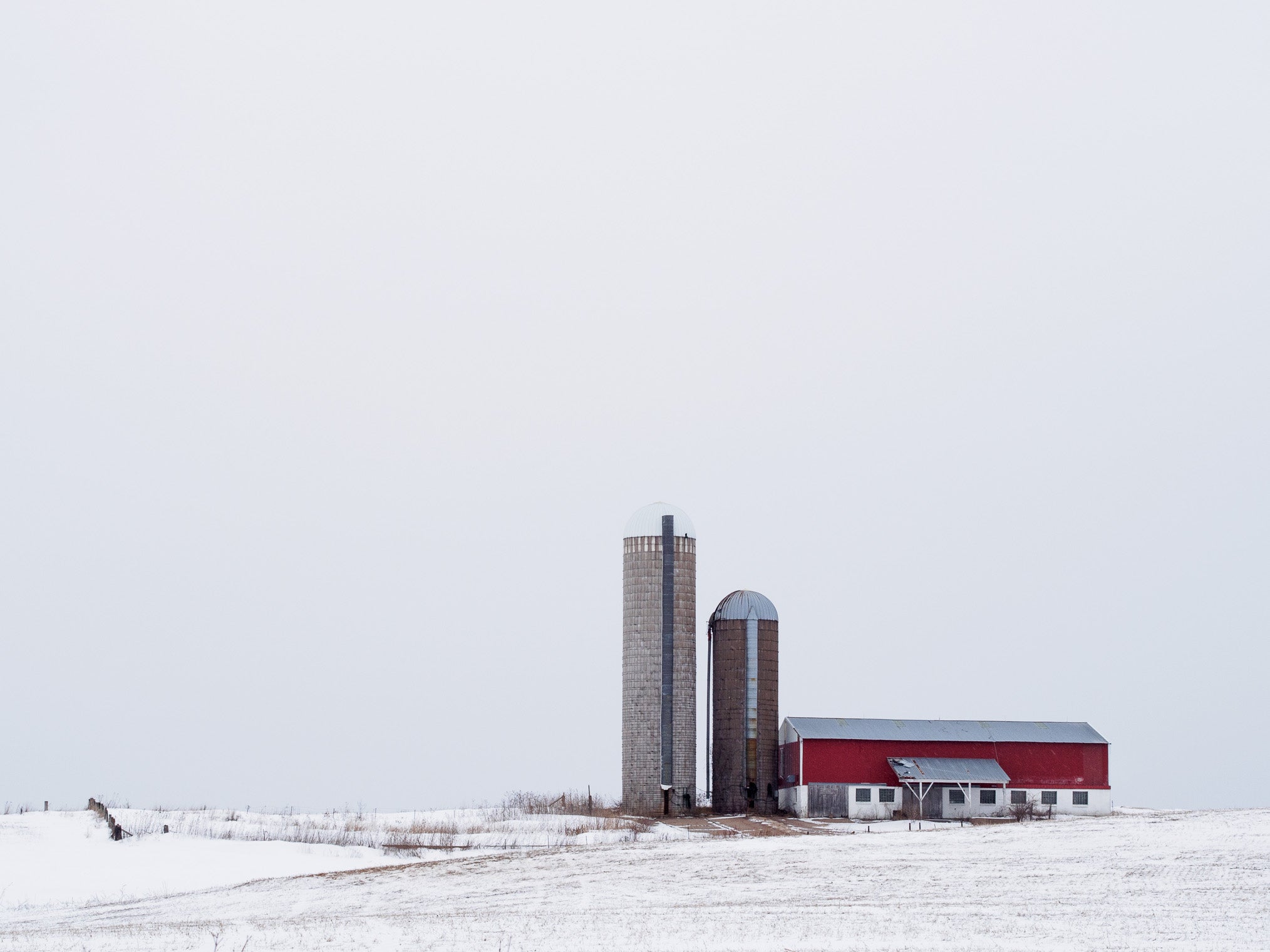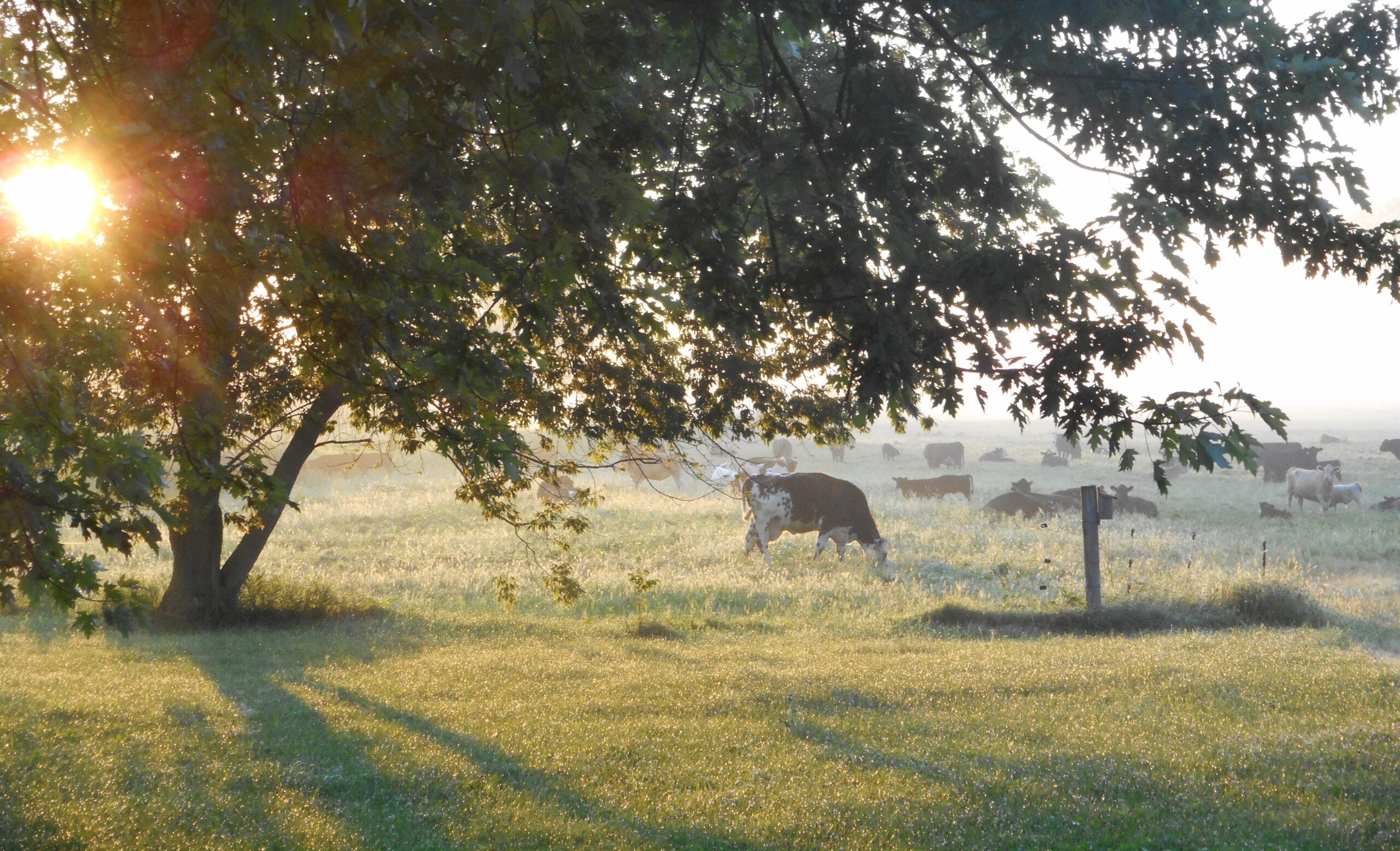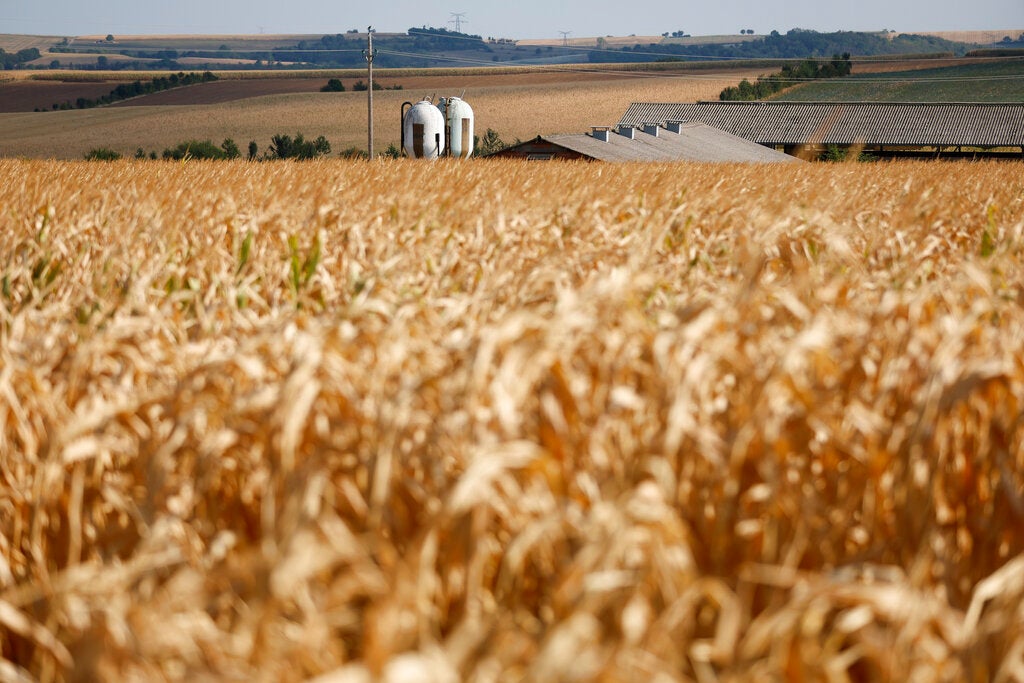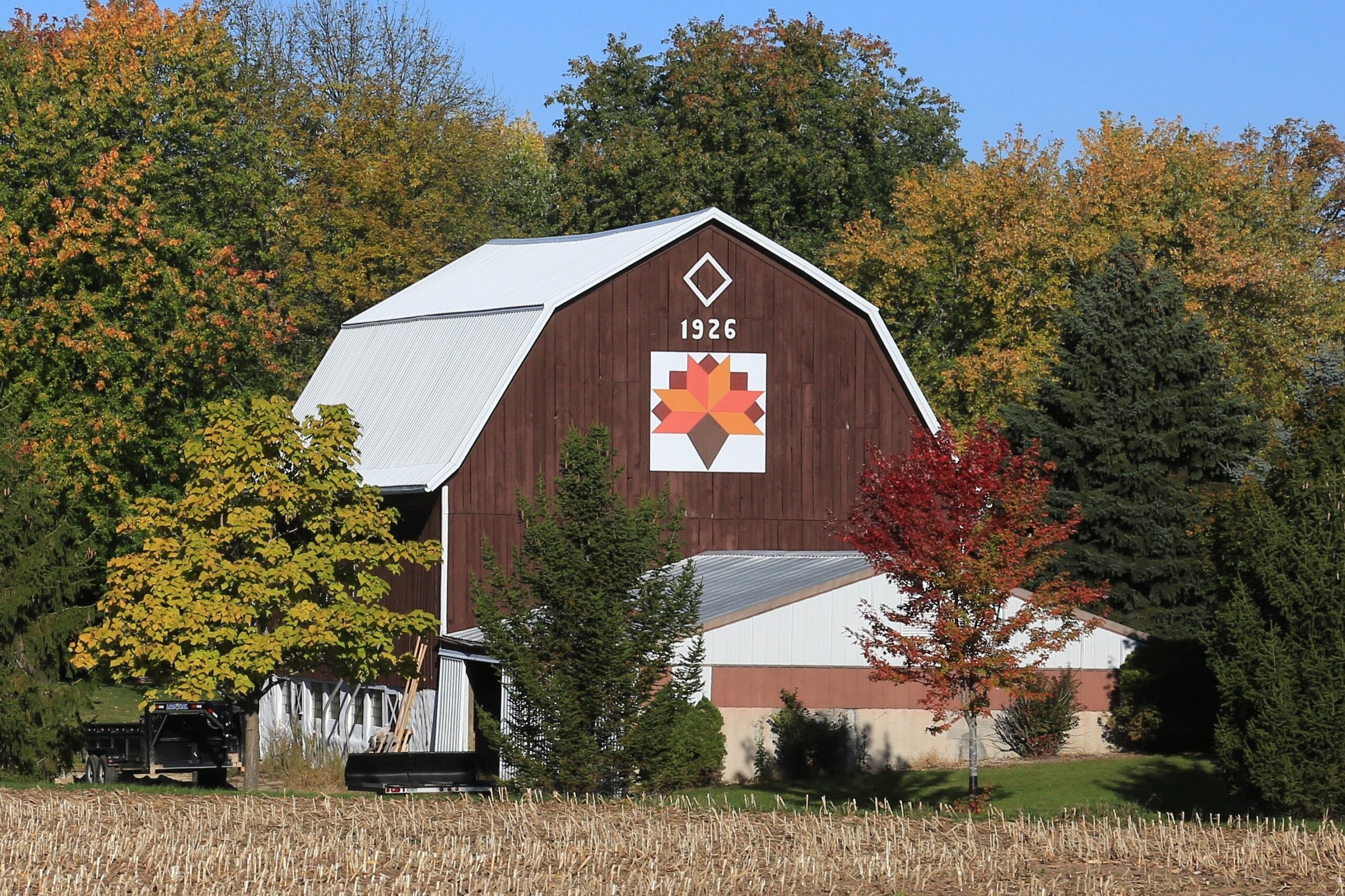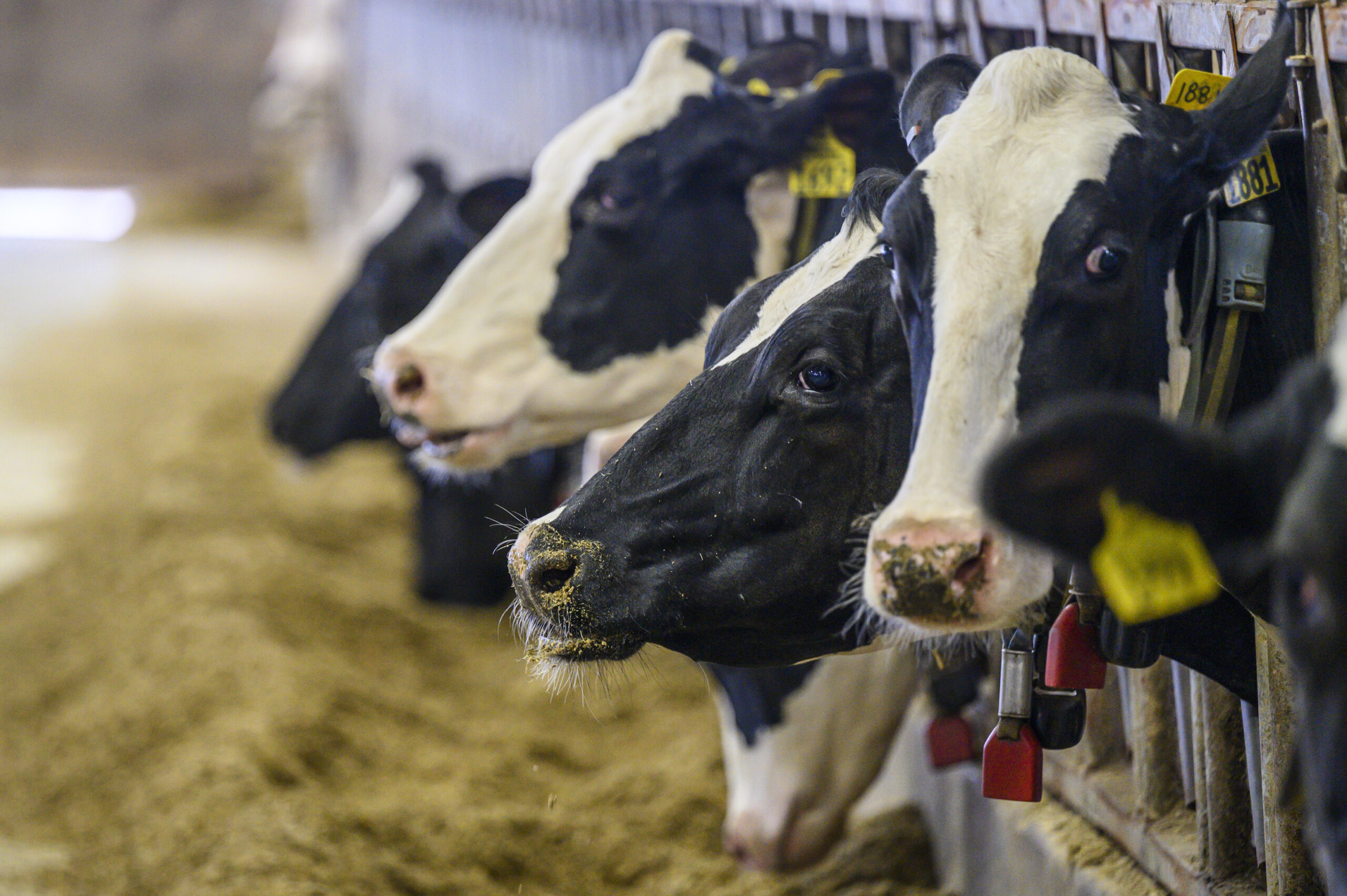Farmers from across the country gathered at a recent conference in La Crosse to plan out what the organic industry might look like in 2051.
Attendees gathered at the annual MOSES Organic Farming Conference last week. Molly Rockamann, the founding director of EarthDance Organic Farm School near St. Louis, said the future presents questions.
“Organic 2051 is to envision the future of farming. What is that going to look like in this country past this precipice point of everyone thinking about what the world (is) going to look like in 2050?” said Rockamann.
Rockamann lead a discussion about ways to bring more diversity into organic agriculture.
There were other planning topics, ranging from organic farming production, economics and climate change.
David Abazs, an organic farmer from northern Minnesota, led a discussion about how organic farming can help revitalize communities.
“What the future of farming looks like will determine the future of rural communities. If we’re looking at more diversified family farms, that fills the schools. It creates that network we once had that we could have again in this new farming system,” he said.
Abazs said more women are entering organic farming right now and as the demographics of farming change, it presents both challenges and opportunities.
“The face (of organic farming) will be changing. It’s going to be diverse and the next generation is coming up and a lot of them are looking toward new ways of doing things. We’re in a great transformation in agriculture,” he said.
Wisconsin is expected to continue to be a leader in organic farming. The most recent figures from the Pew Research Center show Wisconsin trails only California in state’s that have the most organic farms.
“We certainly have the topography and the mindset. Vernon County (in southwestern Wisconsin) is one of the largest organic producing counties in the nation and also home of Organic Valley, which is a $1 billion (a year) cooperative. They’ve built the infrastructure in the state,” said Darin Von Ruden, the president of the Wisconsin Farmers Union and owner of an organic dairy farm in Westby.
“We’re seeing other parts of the state too, where the mindset of the local communities is, ‘Let’s try to be more thoughtful about our production practices.’ A lot of times that boils down to the organic side,” he said.
While organic farming has been growing in popularity, it still pales in comparison to the amount of conventional agriculture in the U.S.
“We need more public and private investment because this movement has been built on the backs of independent farmers and non-profit organizations who are operating on shoestring budgets for too long,” Rockamann said. “We need big money to get this agricultural system the way it needs to be.”
– John Davis
Episode Credits
- Hope Kirwan Host
- John Davis Producer
- Darin Von Ruden Guest
- Molly Rockamann Guest
- David Abazs Guest
Wisconsin Public Radio, © Copyright 2025, Board of Regents of the University of Wisconsin System and Wisconsin Educational Communications Board.


